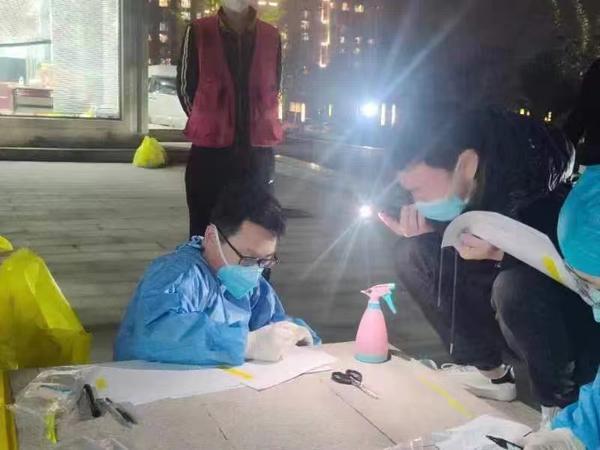In the annals of history, few events have wrought as much disruption and global upheaval as the COVID-19 pandemic. Since its first reported case in late 2019, this novel coronavirus has not only reshaped our daily lives but also tested the limits of human resilience, scientific ingenuity, and collective will. This article delves into the intricacies of the COVID-19 pandemic, exploring its impact on society, the measures taken to mitigate its spread, the scientific advancements made in understanding and treating the disease, and the lessons learned that can guide us towards a more resilient future.
The Pandemic's Tsunami of Impact
The COVID-19 pandemic has been a veritable tsunami, sweeping across borders with unprecedented speed and severity. It has not only claimed millions of lives worldwide, disrupting families and communities, but also triggered economic meltdowns, with businesses closing their doors, unemployment skyrocketing, and entire industries teetering on the brink of collapse. The healthcare system, once the frontline defender against disease, has been overwhelmed in many parts of the globe, highlighting long-standing inequalities in access to healthcare.
Education systems have been disrupted, with schools and universities shuttered, forcing a rapid adoption of online learning that exposed digital divides and exacerbated existing inequalities. Mental health issues have surged as people grappled with isolation, uncertainty, and the loss of loved ones. The pandemic has also served as a stark reminder of the interconnectedness of our planet, as outbreaks in one corner of the world can swiftly become a global crisis.
Measures to Contain the Spread
In response to the pandemic's unrelenting advance, governments and health authorities have implemented a range of measures aimed at slowing down its transmission. From lockdowns and social distancing to mask-wearing and vaccination drives, these measures have been a double-edged sword. While they have undeniably saved countless lives by reducing the R-rate (the average number of secondary infections generated by an infected individual), they have also caused immense hardship and economic strain.
The importance of personal hygiene practices such as regular handwashing and use of sanitizers cannot be overstated. The World Health Organization (WHO) and other health bodies have provided guidance on how to contain the virus's spread through these means, emphasizing the role of community engagement and adherence to guidelines.
Scientific Advancements and Vaccine Rollout
One of the most significant milestones in the fight against COVID-19 has been the development and rollout of vaccines. The race against time saw researchers from around the world collaborating at an unprecedented scale, utilizing cutting-edge technologies like mRNA to create vaccines that were both safe and effective. The rapid deployment of these vaccines was a testament to humanity's ability to mobilize resources and knowledge in a time of crisis.
However, the vaccine rollout was not without challenges. Logistical hurdles, including distribution challenges in remote or conflict-affected areas, as well as hesitancy among certain populations due to misinformation or concerns about safety, posed significant obstacles. Addressing these challenges required a multi-faceted approach involving education campaigns, transparent communication from authorities, and ensuring equitable access for all.
Lessons Learned: Building Resilience for the Future
As we navigate through this unprecedented period, several lessons have emerged that can guide us towards a more resilient future. Firstly, the importance of investing in public health infrastructure and preparedness plans cannot be overstated. This includes strengthening healthcare systems, improving access to essential services, and fostering a culture of prevention.
Secondly, the pandemic has underscored the critical role of science and international collaboration in addressing global health threats. As we have seen with COVID-19, no country is an island; we are all interconnected in this global village. Therefore, sharing knowledge, resources, and expertise is paramount to mounting effective responses.
Thirdly, the pandemic has highlighted the need for digital inclusion and equity. The rapid shift to online learning and working exposed gaps in access to technology and internet connectivity. Addressing these digital divides is crucial for ensuring that no one is left behind in our post-pandemic world.
Lastly, the importance of mental health cannot be overemphasized. The pandemic has taken a toll on people's well-being, with stress, anxiety, and depression affecting millions worldwide. Building resilience at both individual and societal levels involves investing in mental health resources and promoting a culture of psychological safety.
In conclusion,...
转载请注明来自爬爬百科,本文标题:《疫情中的旅程,在不确定与韧性中前行》












 京ICP备11000001号
京ICP备11000001号
发表评论